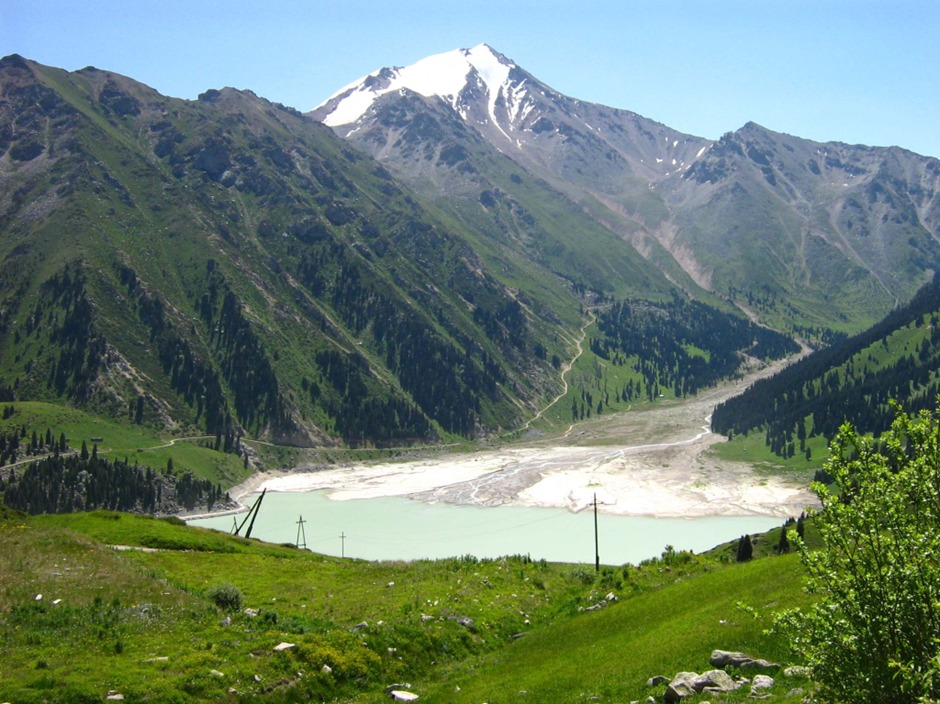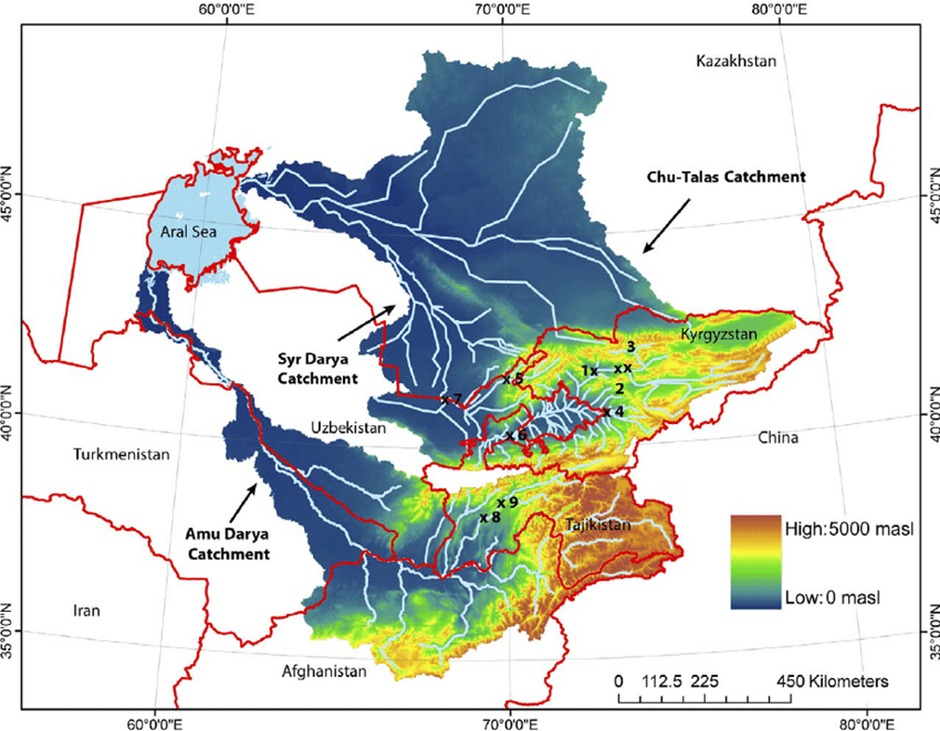- Главная
- AL-FARABI NEWS LETTERS
- The KazNU Laboratory "Remote Sensing Technology and its Applications" has developed a proposal for the sustainable development of agriculture
The KazNU Laboratory "Remote Sensing Technology and its Applications" has developed a proposal for the sustainable development of agriculture

At the forum "Integration of Science, Business, and Production," organized by the Al-Farabi Kazakh National University in collaboration with the Almaty City Akimat, significant interest was generated by the Kazakh-Chinese Joint Laboratory "Technology and Application of Remote Sensing."
The center began its operations in March 2024 as part of a joint Kazakhstan-China project in cooperation with the Institute of Ecology and Geography of the Chinese Academy of Sciences. The laboratory's activities are focused on comprehensive studies of climate and environmental changes in Central Asia, addressing urgent issues such as drought, land degradation, water scarcity, and the decline of the Caspian Sea level. A distinctive feature of the new laboratory is the use of modern satellite and geospatial analysis methods, which integrate data from satellite imagery, ground measurements, and unmanned aerial vehicles. This multi-platform approach allows for in-depth investigation of the spatial-temporal dynamics of natural processes and the identification of key factors influencing the ecological situation. The laboratory's scientific team is already conducting predictive research, with results aimed at providing the scientific foundation for strategic decision-making in the field of natural resource management.

Today, Kazakhstan faces numerous complex environmental and economic challenges that require systemic and comprehensive responses. One of the most important factors affecting all sectors of the economy is global climate change. By 2050, it is forecasted that the start of the growing season will shift by at least 10 days, and droughts and frosts will become more frequent. These processes will create serious obstacles for the agricultural sector, impact production volumes, and require more rational use of water resources. At the same time, there remains an urgent need to improve air quality and restore contaminated soils, particularly in regions with intensive oil extraction. It is in this context that remote sensing technologies developed in the laboratory are capable of providing operational and accurate monitoring of agricultural land and landscapes, which directly affects the effectiveness of the measures taken.
The scientific experience accumulated at Al-Farabi Kazakh National University (KazNU) has found its continuation in an initiative directly coming from the laboratory: the project "Sustainable Agriculture Development in Arid Areas of Kazakhstan." This project encompasses a wide range of advanced technologies, including drip irrigation systems, Groasis Waterboxx devices, the organization of "smart" greenhouses, and methods of managed replenishment of aquifers. In addition, it envisions the use of moisture-retaining mixtures and the creation of automated systems for monitoring soil parameters, humidity, and temperature.
"Scientists from the Faculty of Physics, Chemistry, and Biology at KazNU have already successfully tested energy-efficient greenhouses equipped with wireless monitoring modules that allow optimizing water usage and maintaining a stable microclimate. These technologies combine 'green' solutions for reliable energy supply, which is especially important in the context of the sharply continental climate. Special attention should be given to the energy-efficient greenhouse based on the 'Plant Factory' principle, which was tested at KazNU. This system opens new opportunities for growing vegetables, berries, and other crops in a soilless environment – in a nutrient solution," said Aaliya Aktymbaeva, Dean of the Faculty of Geography and Environmental Management at KazNU.
According to the Chairman of the Board - Rector, Zhanseit Tuymebaev, due to the combination of these factors, the "Sustainable Agriculture Development in Arid Areas of Kazakhstan" project demonstrates high efficiency: water consumption is reduced by an average of 30%, and productivity increases by 15-20%. At the same time, further development and scaling of this initiative require effective support at the state level. It is necessary to consolidate the efforts of relevant ministries, akimats, scientific centers, and private businesses, define regions for pilot project implementation, ensure financial support, and form an interdisciplinary working group consisting of scientists, engineers, agronomists, and economists.
"This comprehensive approach will allow domestic agriculture to reach a qualitatively new level in the shortest possible time, enhance national food security, and strengthen Kazakhstan's international image as a country that uses science and innovation for a sustainable future.
KazNU, based on the experience and scientific expertise of the laboratory, is ready to present a detailed action plan for launching pilot sites and scaling them in the arid regions of Kazakhstan. By combining the resources of the government, business, and the scientific community, it will be possible not only to effectively address current environmental challenges but also to lay a solid foundation for the country's further development," said Zhanseit Tuymebaev.
Department of Science and Innovation Activities
Другие новости



